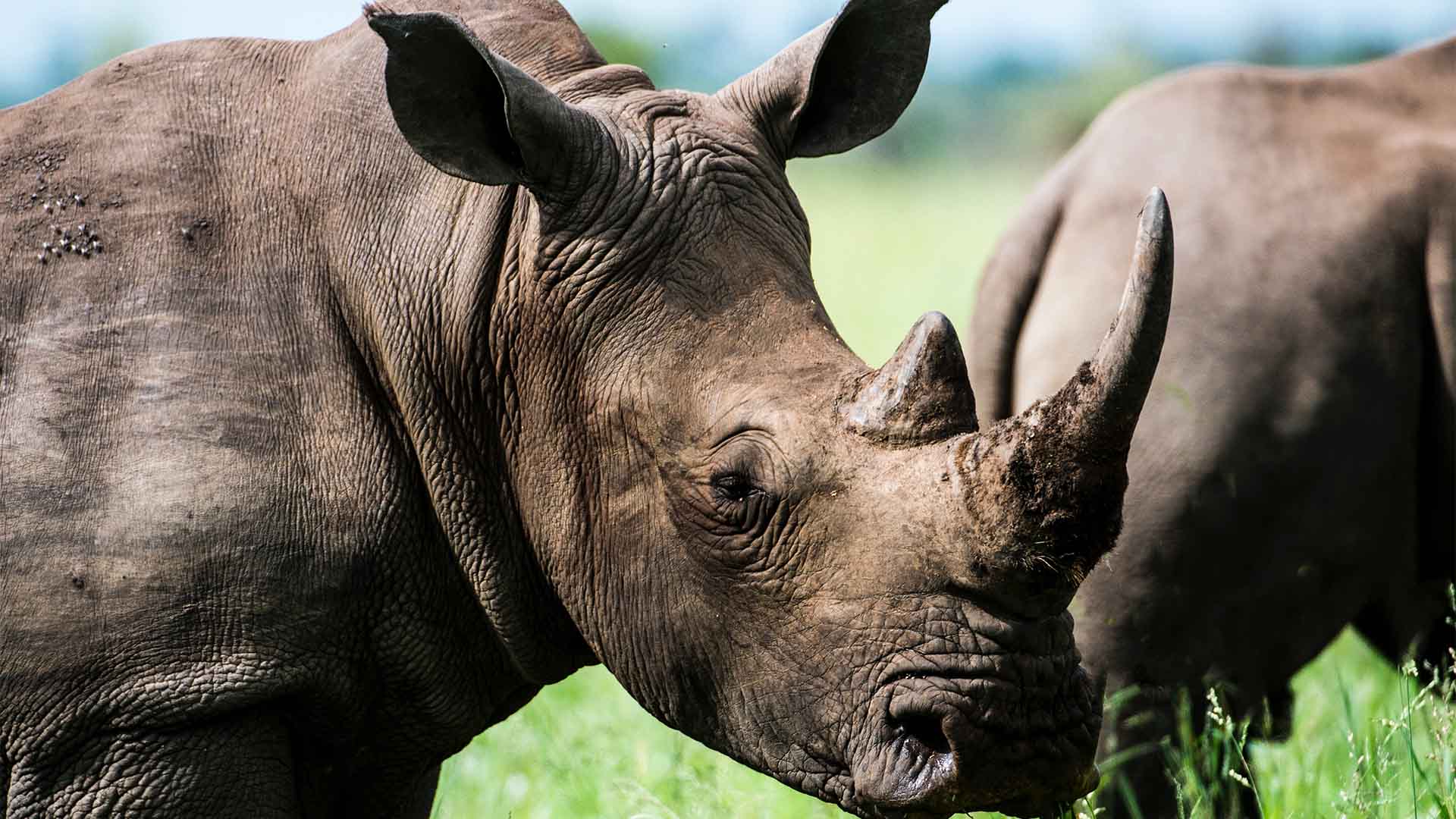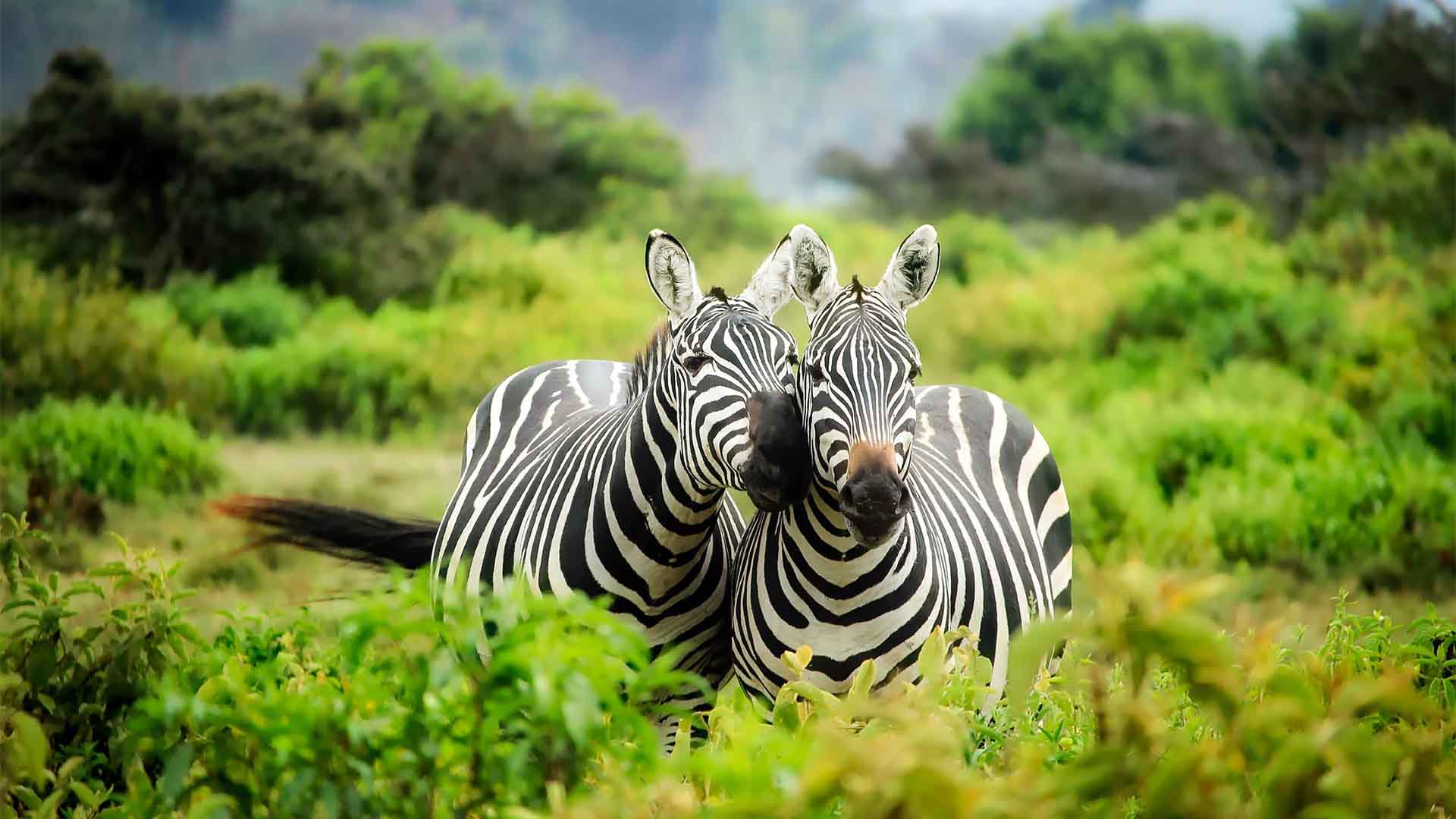African Parks, a conservation leader, faces intense scrutiny amid allegations of human rights abuses against the indigenous Baka people in the Republic of Congo. The controversy brings to light the delicate balance between conserving nature and respecting human rights.
The Baka, traditional forest dwellers, allege mistreatment by rangers, including violence and restrictions on their ancestral lands. This situation raises questions about the ethical implications of conservation efforts and the responsibilities of those at the helm, including notable figures like Prince Harry.
African Parks: A Brief Overview

African Parks has set a high bar in conservation, managing 22 national parks across the African continent. Their mission is ambitious: to rehabilitate and ensure the long-term management of national parks in collaboration with governments and local communities.
This noble aim, however, is now under the shadow of serious allegations, prompting a reevaluation of how conservation goals are pursued and at what human cost.
Prince Harry’s Commitment to Conservation

Prince Harry’s involvement with African Parks since 2016, culminating in a board membership, illustrates his deep commitment to environmental causes. His journey reflects a passion for conservation, yet it now places him in a challenging position as the organization faces allegations of human rights abuses.
His role and responses to these issues are closely watched, highlighting the intersection of celebrity and royal influence and global conservation efforts.
The Baka People’s Plight

The indigenous Baka community’s way of life is under threat. Accustomed to living in harmony with the forest in Odzala-Kokoua National Park, they now face violence and restrictions that sever their connection to the land.
These allegations paint a distressing picture of conservation efforts that fail to consider the rights and traditions of the park’s original inhabitants, sparking a global conversation on ethical conservation.
Alarming Allegations Surface

Disturbing reports have emerged of rangers allegedly engaging in rape, beatings, and torture against the Baka. These accusations challenge the foundational ethics of African Parks’ conservation work, suggesting a dark underbelly to the enforcement of park regulations.
Such allegations demand a thorough investigation and prompt a reconsideration of how conservation organizations enforce their policies.
Survival International Steps In

Survival International, a champion for indigenous rights, has taken a stand against the alleged abuses by African Parks’ rangers. Their advocacy brings international attention to the plight of the Baka, pushing for accountability and change.
This involvement is crucial, emphasizing the need for conservation efforts to be conducted in a manner that respects human rights and dignity.
A Royal Response

Prince Harry’s reaction to the unfolding situation—promising to escalate concerns within African Parks—was a beacon of hope. However, the effectiveness of these efforts remains to be seen.
His position on the board adds a layer of public interest and scrutiny, underscoring the challenge of navigating conservation leadership amid serious allegations.
African Parks’ Zero-Tolerance Policy

In response to the allegations, African Parks has reaffirmed its zero-tolerance policy for abuse, emphasizing its commitment to ethical conservation practices.
This statement is a step in the right direction, yet the implementation of such policies and the outcomes of ongoing investigations will be the true measure of the organization’s dedication to upholding the rights of local and indigenous communities.
The Investigation Unfolds

African Parks’ decision to initiate an investigation through an external law firm signifies a serious approach to the allegations. However, the effectiveness and transparency of this investigation are pivotal.
Stakeholders and the global community await actionable outcomes and a transparent commitment to justice and reform, marking a critical juncture for the organization’s future credibility.
The Debate Over Conservation Ethics

The controversy surrounding African Parks sparks a broader debate on the ethics of conservation. Balancing environmental objectives with the rights of indigenous peoples is a complex challenge, raising questions about the methods and morals of conservation practices.
This debate is crucial for shaping a future where conservation efforts are inclusive, ethical, and respectful of all stakeholders.
The Global Impact

The situation at African Parks is not isolated; it mirrors a global challenge where conservation goals often clash with the rights of local communities.
This issue requires attention and action from governments, organizations, and individuals alike to ensure that conservation efforts do not neglect or harm marginalized communities.
Looking Forward

The resolution of the controversy at African Parks could herald a new era in conservation, one that prioritizes ethical practices and human rights alongside environmental protection.
The involvement of Prince Harry, Survival International, and the global community serves as a reminder to organizations that the pursuit of conservation must not come at the cost of human rights.


